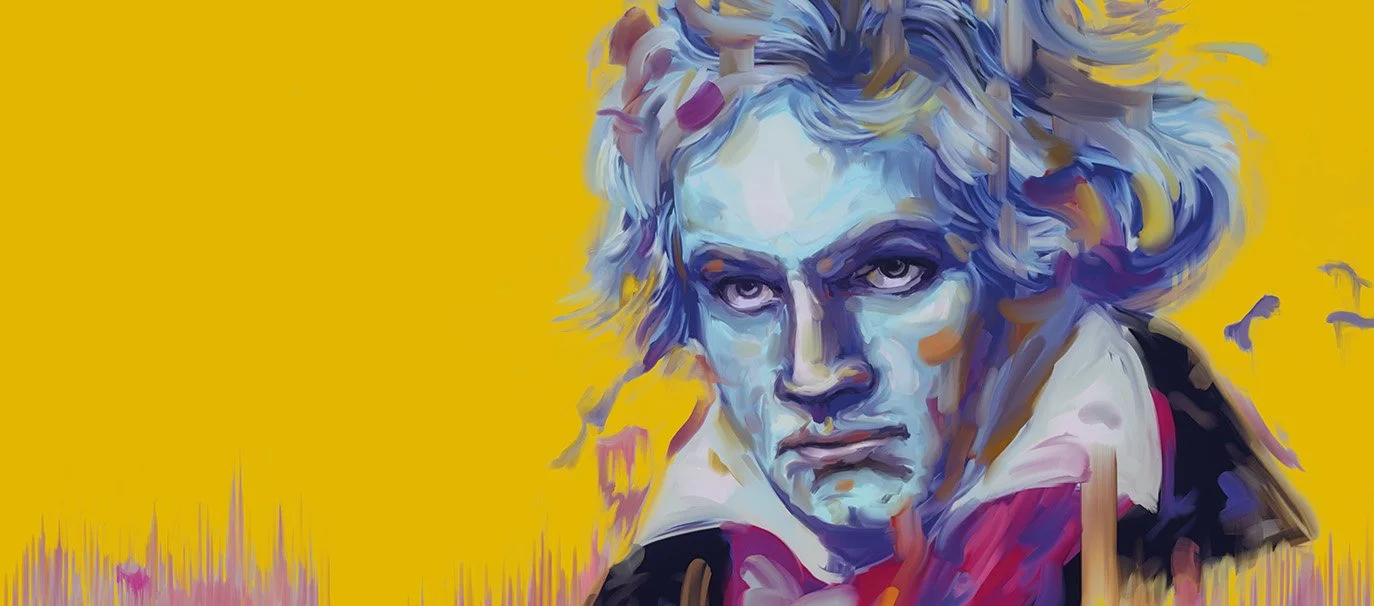The great example of commercial culture. Most movies are of low quality, but the system as a whole still produces masterpieces. Academics were the last to recognize cinema as an art form. The studio system vs. the auteur. Critique of the Frankfurt School critique of mass culture. Lecture 8
Read MoreTelevision as the ultimate test case of commercial culture. It suffered heavily from government regulation at first; its progress depended on deregulation from the federal government. National Networks vs. Cable TV. In defense of Rupert Murdoch and Fox TV (The Simpsons and The X-Files). Lecture 9
Read MoreThe advantages and disadvantages of the market as support for the arts. Comparison with other systems. Toward a theory of media change. Video games and the future. The spontaneous order model. Lecture 10
Read More









